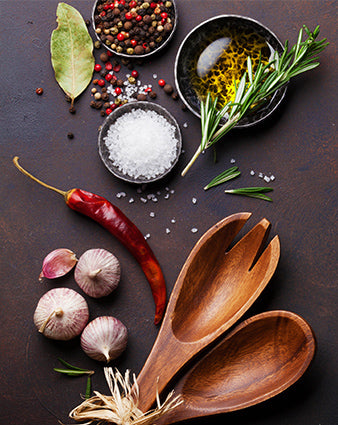Microbiome Explained 🦠
The human body... A complex ecosystem that houses trillions of microorganisms, collectively known as the microbiome. These microorganisms are found in every nook and cranny of the human body, from the skin to the gut, and they play a crucial role in maintaining human health. Let's discover what the microbiome is, how it works, and its importance to human health...
What is the microbiome? 🤔
The microbiome is the collection of microorganisms that live in and on the human body. This includes bacteria, viruses, fungi, and other microbes. While you may associate bacteria with disease and infection, the vast majority of bacteria in the microbiome are actually beneficial and essential for human health. In fact, the microbiome contains a whopping ten times more microbial cells than human cells, making it a crucial component of the human body.
How does the microbiome work? 🤔

The microbiome is involved in many important functions in the body, including digestion, immune system regulation, and even brain function! One of the most well-known functions of the microbiome is its role in digestion. Bacteria in the gut break down food and extract nutrients that the body needs to function properly. Without these bacteria, the body wouldn't be able to digest certain foods, leading to malnutrition and other health problems 🤒
In addition to digestion, the microbiome also plays a key role in regulating the immune system. The microbiome helps the immune system distinguish between harmless microorganisms and harmful pathogens, preventing unnecessary immune responses that can cause inflammation and health issues.
Finally, recent research has shown that the microbiome may even play a role in brain function and behaviour. Scientists have found that certain gut bacteria produce neurotransmitters that can influence mood and behaviour, leading some researchers to refer to the microbiome as the "second brain." 🧠
Why is the microbiome important to human health? 🤔
The microbiome is essential for maintaining human health. When the microbiome is disrupted, either through the use of antibiotics or other factors, it can lead to a range of health problems. Disruptions in the microbiome have been linked to a range of conditions, including obesity, diabetes, and autoimmune disorders.
One of the best ways to maintain a healthy microbiome is to eat a balanced diet that includes a variety of fruits, vegetables, whole grains, and lean protein. Avoiding unnecessary antibiotics and other medications that can disrupt the microbiome is also important.
In conclusion, the microbiome is a complex and important ecosystem that plays a crucial role in maintaining human health. By understanding how the microbiome works and how to maintain its health, we can help ensure a healthy and happy life 💚







